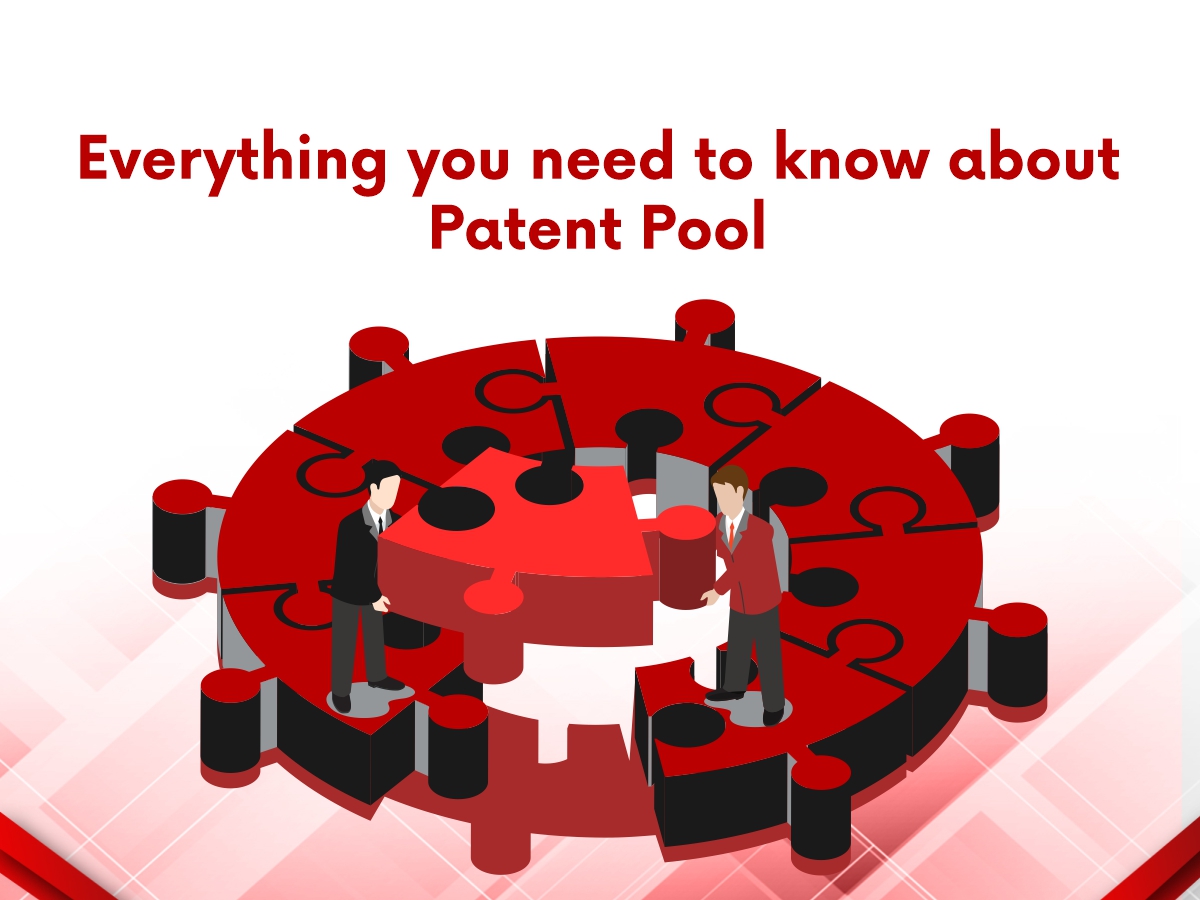Subscribe our newsletter
Please Subscribe our news letter and get update.

A patent pool is defined as an association of two or more companies to cross license their patents to each other or third parties. By sharing IP assets and technology, companies can develop new product and reduce the cost of Research and Development.
1.DVD6C Licensing Group
It is a group consist of nine patent owners ( Hitachi, JVC, Matsushita (Panasonic), Mitsubishi, Sanyo, Sharp, Toshiba, Warner Home Video and Samsung) that jointly licensed the technology to third party They share technology on DVDs, players, drivers, recorders and decoders.
2. Radio Frequency Identification Domain (RFID):
This patent pool was agreed in August 2005, by approximately 20 companies active in RFID.
3. Sewing Machine Combination: It was the first patent pool in USA which was formed by Albany agreement of 24 Oct 1856 and expired in 1877. Before this companies need to buy royalty fee of $25 from Elias Howe.
Patent Pool are of two types
In open pool, invitation is send to other patent owners to join the pool if they meet established criteria. For example, Sisvel handles patent pool for RFID and MPEG-LA manages the patent pools for MPEG-2, MPEG-4, ATSC, and others.
In the closed pool scenario, several members participate in the collaboration. Out of these patent owners, one of the members is appointed to license the pooled patents to the third parties on behalf of all the members.
As we know, every coin has two face head and tail. Let us look at both the risks and benefits of having patent pool.
PROS
They reduce transaction costs.
By using patent pool only single licensing agreement needed for all owners who are giving contribution and have possession this ultimately it saves cost of license.
Eliminate or Cut Litigation costs.
Another advantage of a patent pool is that it can eliminate the need of litigation over patent rights since such disagreements can effortlessly be resolved and prevented through the creation of a patent pool.
CONS
Patent pool formation is an expensive and difficult to form. It also required all member to do things in focused way and with joint decision.
Please Subscribe our news letter and get update.
© Copyright 2024 – Wissen Research All Rights Reserved.